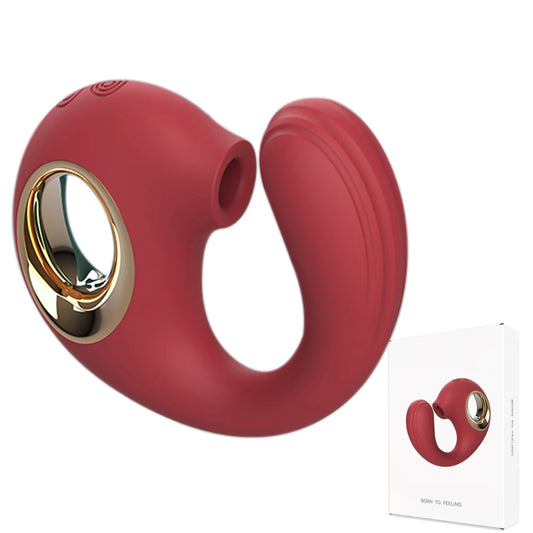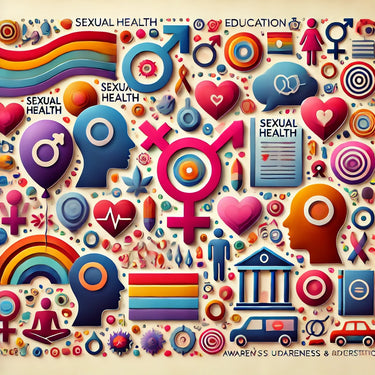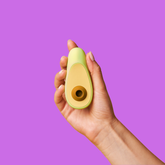Fake Pussy and the Changing Face of Sexual Discourse

You’ve probably heard some wild terms floating around the internet, but “fake pussy”
Social Media and Sexual Language
Social media is full of new slang words. Apps like TikTok and Instagram help spread terms like "fake pussy." Teenagers spend lots of time online, shaping how language changes. Did you know most fourteen and fifteen-year-olds have computers? Many use them to visit social media sites daily. This means they see trends and create new ones quickly.
The internet doesn’t just share slang; it changes how we talk. Words evolve faster now because of tweets, memes, and captions. Grammar rules are often ignored to fit short posts. That’s why terms like "fake pussy" feel normal online. It’s not just about being cool; it’s about keeping up with how people talk today.
Representation in Popular Culture
Pop culture loves to test limits, especially with language. TV shows, films, and songs often use trending slang. Think about how often you hear these words in your favourite shows. These platforms don’t just copy society; they influence it. When a term like "fake pussy" appears in a hit song, it becomes part of everyday speech.
This isn’t by accident. Creators use slang to connect with younger fans. It makes their work feel modern and relatable. But it also makes once-taboo words seem normal. The more you hear it, the less shocking it feels.
The Internet's Influence on Sexual Dialogue
The internet has changed how people talk about sex. It’s a place where topics once avoided can now be discussed openly. Blogs, forums, and social media let people share ideas and challenge old beliefs.
Take sexbots, for example. They’re not just about tech but also about identity and intimacy. Online spaces let people debate these ideas freely. Memes, hashtags, and videos show how sexual language keeps changing. The internet helps shape how we think about sex and who we are.
Implications for Sexuality and Identity
Redefining Norms and Taboos
Society keeps changing its rules about what’s okay or not. Talking about sex used to be secretive. Now, people openly discuss things like sex work and robot brothels. These talks aren’t just breaking rules; they’re changing how we see consent, relationships, and identity.
Look at women’s sexuality. Studies show older women are embracing their desires. They’re challenging old ideas that silenced them. Stories from women highlight themes like care, safety, and passion. This proves sexuality isn’t just for the young. It’s about self-discovery at any age.
In Egypt, culture and religion have shaped views on marital sexual violence. But now, women are sharing their stories and challenging these ideas. They’re changing what’s acceptable in relationships. These personal voices are powerful tools for shifting society’s views.
And then there are robot brothels. They’re not just cool gadgets; they make us rethink intimacy and consent. Are they freeing or harmful? The debate shows how quickly norms can change.
Language and Inclusivity in Sexual Discourse
Words are important. They affect how we think, feel, and act. In sexual discussions, language is now a fight for fairness. Words once seen as rude are being replaced with kinder ones. This isn’t just about being polite; it’s about respecting everyone’s identity.
Research shows why inclusive language matters. For example:
Studies track how word choices change with time and values.
Comparing regions shows how culture affects language use.
Communities explain how words shape their identity and feelings.
Big organisations are also making changes. They’re updating guides to use fairer terms. Even the AMA Manual of Style is changing its language. But it’s not easy. Misusing words is still a problem. To fix this, we need to listen and learn from others.
Using inclusive language isn’t just nice; it shows respect. It helps people feel valued and understood. That builds stronger connections and understanding.
Impact on Future Generations
What we say today shapes tomorrow’s world. How we talk about sex, consent, and identity will guide future conversations. Media plays a big role in this. It tells stories, challenges old ideas, and influences how people think.
Studies show how media changes sexual discussions:
Analysis Type |
What It Does |
|---|---|
Framing Analysis |
Looks at how issues are shown, revealing changing values. |
Historical Discourse Analysis |
Tracks how language changes over time, showing shifts in beliefs. |
Narrative Analysis |
Explores how stories inspire change and challenge unfair systems. |
For young people, these stories are more than entertainment. They teach lessons. When media talks about sex work or robot brothels, it encourages curiosity instead of judgement.
But it’s not just about TV or films. It’s also about chats at home, in schools, and online. By supporting feminism and open talks, we help the next generation explore their identities. We teach them that consent isn’t just a word; it’s a way to live.
So, when you hear terms like “fake pussy” or debates about robot brothels, remember this: you’re not just watching change happen. You’re part of it.
A term like "fake pussy" can affect culture deeply. It starts debates and changes what people think is normal. This isn’t just slang; it shows how society’s ideas about intimacy and identity are shifting. Media plays a big part by spreading ideas and questioning old rules.
-
Research shows culture makes a difference. For example:
Adjusting methods to fit cultures works as well as usual ones.
Studies on cyberbullying show age, gender, and surroundings matter in shaping effects.
Words aren’t just sounds. They help create change. They guide how people today and tomorrow learn about sexuality with curiosity and care. 🌍
FAQ
What does "fake pussy" mean?
It’s a name for fake sexual aids that copy female body parts. But it’s not just an item—it’s now a symbol in talks about closeness, identity, and how people see sexuality.
Why is "fake pussy" so popular online?
The internet loves bold and catchy words. "Fake pussy" gets people talking and debating. It’s not only about the product; it shows how online slang grows and changes chats about private topics.
Is saying "fake pussy" rude?
It depends on where and how you use it. Some think it’s fun or freeing, but others feel it’s rude or unkind. The important thing is to know your audience and think about how words affect them.
How does media make terms like "fake pussy" normal?
Media, like TikTok and Netflix, spreads these words through memes, shows, and songs. Hearing them often makes them feel less shocking and more like everyday speech.
Will words like "fake pussy" change how kids talk about sex?
Yes, they will. Words shape how we think. As these terms become common, they’ll change how young people talk about closeness, consent, and who they are. It’s like a ripple in water, slowly changing what’s normal.








